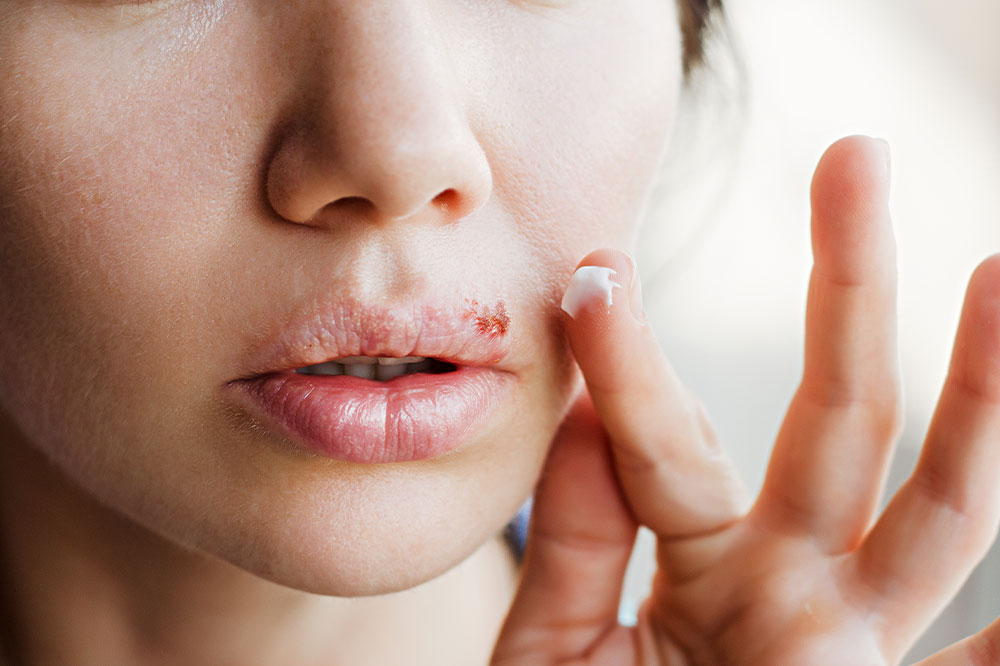
6 Common Triggers of Cold Sores
A large population of the world has at least one form of herpes simplex virus (HSV). This virus often triggers tiny, painful blisters in people who are infected. These blisters are known as cold sores. While cold sores are caused only by HSV, they are often triggered by several physiological and environmental factors. Some such factors that trigger cold sores in people are given below.
1. Stress
Physical and emotional stress have a wide variety of effects on the body. If you have been infected with the herpes simplex virus, a stressful lifestyle may trigger cold sores in the body. This is because, in stressful situations, our body releases stress hormones such as cortisol that can alter our immune system and our response to external stimuli. Combating stress through yoga, meditation, or other methods can be helpful in avoiding cold sores.
2. Cold weather
Sudden changes in the weather or being exposed to extremely cold or extremely hot temperatures can trigger cold sores. Moreover, such changes in the environment can often dry the skin and lips, making your body vulnerable to cold sores. Moreover, these changes in temperature can also aggravate the virus in the body, causing a breakout of cold sores.
3. Exposure to sunlight
Just like cold and hot temperatures, exposure to extreme sunlight and heat can often cause the body to dehydrate. It may also compromise the immune system and lead to conditions like common cold or fatigue. As a result of these changes that occur in the body when exposed to harsh sunlight, the HSV virus can aggravate and cause cold sores.
4. Hormones
Certain hormonal changes that are usually experienced by women during menstruation or menopause can trigger cold sores on the lips and the face. Usually, hormone-induced cold sores occur just before or after your menstrual cycle. Women may also experience a surge in cold sore breakouts during pregnancy, as women experience a lot of hormonal changes during pregnancy.
5. Dry lips
Dried or cracked lips due to severe dehydration or cold and dry climates can cause cold sores. Therefore, it is important to drink the right amount of water every day to avoid dehydration and, by extension, the development of cold sores. Moreover, it is also important to properly moisturize your skin and lips if you live in harsh and dry climatic conditions.
6. Fatigue
Fatigue and burnout are quickly becoming some of the most commonly faced problems due to fast-paced lifestyles. Lack of sleep and proper nutrition can often lead to decreased energy stores in the body. Moreover, people are starting to experience increased stress and anxiety that can cause more fatigue. As a result of such exhaustion, cold sores could be triggered in a person if they have been infected by the herpes simplex virus.


